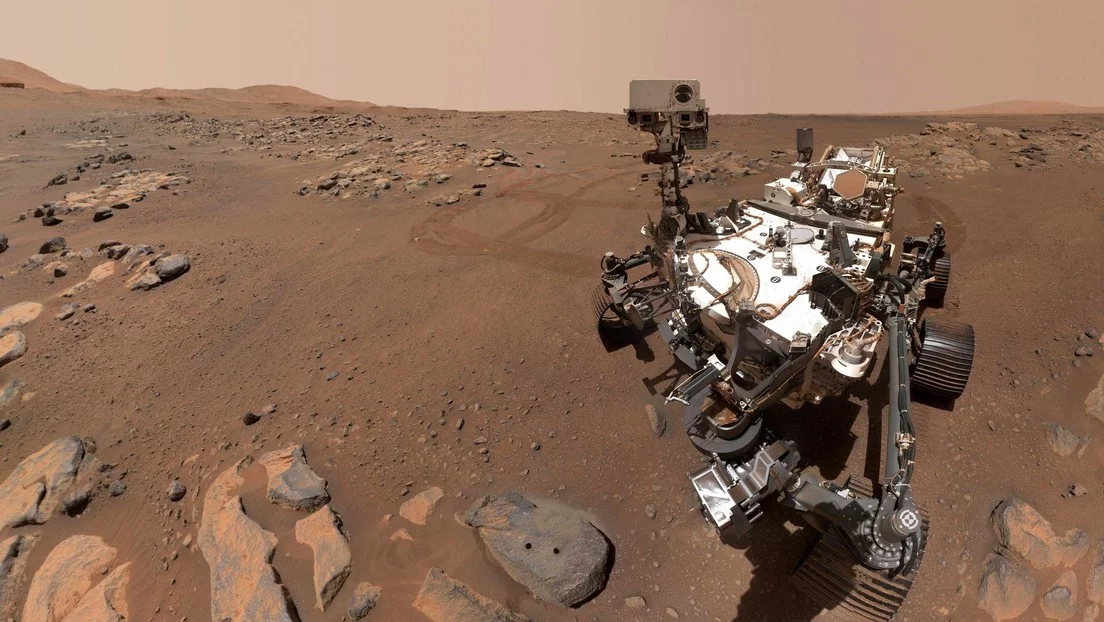 NASA’s Rover Perseverance has collected several "valuable" organic rock samples from the ancient river delta on Mars during its mission to determine if life ever existed on the red planet, scientists in charge said.
NASA’s Rover Perseverance has collected several "valuable" organic rock samples from the ancient river delta on Mars during its mission to determine if life ever existed on the red planet, scientists in charge said.
These samples, which indicate that the crater Jezero probably once had a lake and a delta leading into it, have been stored for a future planned mission that hopes to retrieve the specimens and bring them back to Earth for confirmation.
In #SamplingMars, I’m building a real science treasure chest, and my latest samples may be the most valuable yet. Some have organic molecules – but from ancient biology, or another process? Sending them back to Earth could help us figure it out.
— NASA's Perseverance Mars Rover (@NASAPersevere) September 15, 2022
More: https://t.co/sn5Wh9fRnG pic.twitter.com/GfMaXPrYnd
"The rocks we’ve been researching in the delta have the highest concentration of organic matter we’ve found so far in the mission," said Ken Farley, a Perseverance project scientist at the California Institute of Technology during a conference. " And, of course, organic molecules are the basic components of life, so it’s very interesting that we have rocks that were deposited in a habitable environment in a lake that contains organic matter," he added.
It is not yet a sure proof that life existed on Mars, but it is the best possibility so far of one day being able to detect with certainty a possible ancient microbial life, scientists consider.
According to the American space agency, organic molecules consist of a wide variety of compounds made primarily of carbon and generally include hydrogen and oxygen atoms. " The presence of these specific molecules is considered a potential biological signature: a substance or structure that could be evidence of a past life," explains NASA.
However, they may also contain other elements, such as nitrogen, phosphorus and sulfur, so the hypothesis has to be verified, as they could also have been produced by chemical processes without the presence of life.
The rover’s mission, which began on the red planet on February 18, 2021 to look for signs of ancient microbial life, has collected a total of twelve rock samples.
While Perseverance and the Curiosity rover have found organic matter on Mars before, the latter detection was made in an area where, in the distant past, sediments and salts were deposited in a lake in conditions in which life might have existed. (Text and photo: RT in Spanish)